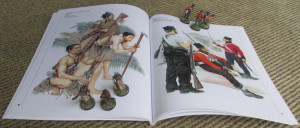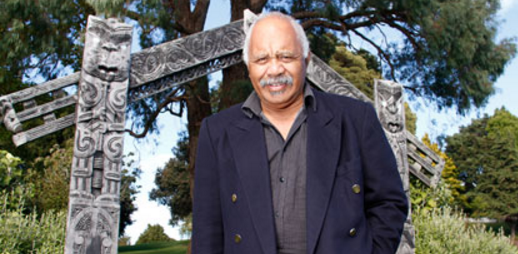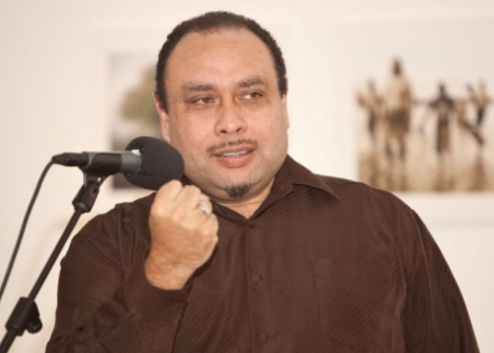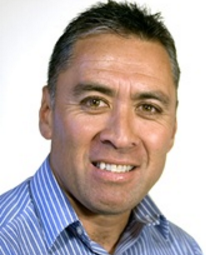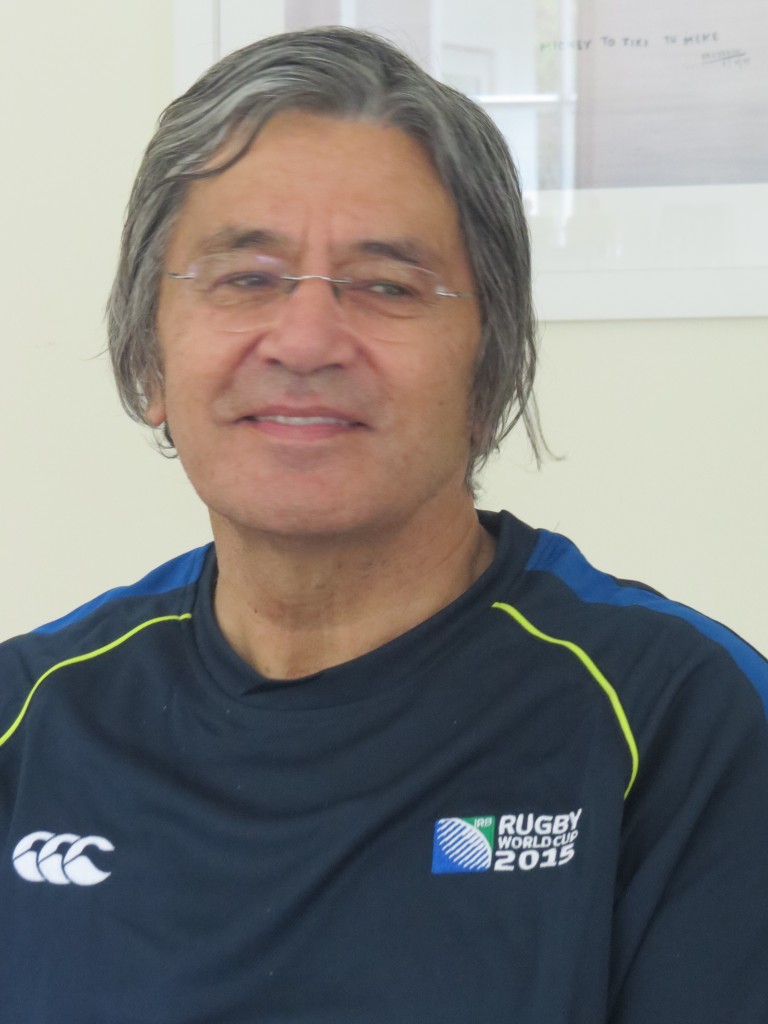Many historians have written about the New Zealand Wars; and most have done a fine job of their research and publications. The New Zealand Wars literature, as a result, is quite extensive.
You can read about some of these publications, and how they have contributed to a wars historiography, by clicking here – writing about the wars.
A Māori Perspective
However, it’s very important to remember that any review of the literature must include the work of Māori historians.
It’s very easy to rely on the work of Pākehā historians, especially those who seem to suggest (if subtly) that they do in fact represent a Māori view – but they don’t, and they can’t.
If anything, it’s very neo-colonial for Pākehā to claim to speak for Māori, or – worse – for Pākehā to try to conflate the difference between Pākehā and Māori perspectives.
This was quite common in New Zealand history once. A short while ago, a number of New Zealand historians – some senior academics – were thought to be Māori because of their writing and assumptions – but they weren’t. Rather, the distinction was conveniently fudged.
It’s goes without saying that Māori have their own views of history; it’s essential that this be recognised. It’s also essential that you go to Māori historians to find out what the Māori perspective is. Click here – What is Māori history ? – if you’d like to read some more about this.
Māori historians
The number of Māori historians who have written about the wars is quite small, but it’s growing. Perhaps best known amongst Māori writers of the wars is Buddy Mikaere (below, right), a former Director of the Waitangi Tribunal and a most accomplished writer and historian.
Buddy is possibly best know for his book Te Maiharoa and the Promised Land, published in 1997, thō of course he has done heaps since then. Buddy’s tūpuna fought at Gate Pā in 1864; he often refers to them in his writing. You can read Buddy’s interesting scholarship in his Victory at Gate Pā? The Battle of Pukehinahina-Gate: 1864, co-written by Buddy Mikaere and Cliff Simons, published by New Holland Press in 2018.
Other Māori of note include filmmaker and historian Brad Haami (below, left) and tribal historian Tony Sole.
Brad is possibly best known for two of his books, Golan Maaka: Māori Doctor, which was a personal memoir, and Love Stories: Mate Tau (below left). Brad lives in Whakatane and is probably the most prolific Māori historian in the field, at the moment. Brad has delivered fascinating lectures about what it was like to be a Māori fighter, in the 19th century, awaiting battle.
Tony (below right) is well-known for his astonishing and hugely-detailed tribal history, Ngāti Ruanui, which includes insightful accounts of the wars fought by Titokowaru.
Monty Soutar (bottom left ) is also well established as a wars historian. Monty is perhaps better known for his work on Māori and the First and Second World Wars. But he has also written and lectured about the 19th century wars featuring his Ngāti Porou people.
Monty’s ground-breaking PhD thesis focused on Ropata Wahawaha and his war against Pai Marire adherents who encroached into the East Coast. As Monty argues, these were significant campaigns that were essential to the stabilising of the Coast, warding off the threat of the Crown inflicting trauma upon Ngāti Porou.
Monty is possibly best known for his book Ngā Tamatoa: The Price of Citizenship. C Company 28 (Māori) Battalion 1939-1945 (published 2008). This huge award-winning book tells the story of Māori soldiers fighting in Europe during World War Two.
Another fine Māori historian still active in the field is Tom Roa from Ngāti Maniapoto (right), currently attached to the University of Waikato. Tom’s tūpuna fought alongside the Kīngitanga in the 1860s; others of Tom’s whānau found their way south to fight alongside Te Ātiawa at Puketekauere on 27 June 1860, just out of Waitara.
Tom is a much respected writer of Māori histories – not least of the wars. Tom has appeared frequently on TV, perhaps most memorably in the documentary Von Tempsky’s Sword.
Danny Keenan (who is the writer of this website) has also written about the New Zealand Wars. Danny’s field of research is political history, especially Māori and the State in the 19th century. The wars were of course an integral part of this history.
Danny’s PhD thesis examined the Native Land Court’s activities in Taranaki during the 1860s, in the wake of the land confiscations which impacted so heavily upon Taranaki Māori. Danny has also written a book about Te Whiti O Rongomai and the struggles of coastal Māori to achieve redress. To see some of Danny’s publications, see here – published works.
More where they came from
This is just a short list of Māori historians working in and around the New Zealand Wars field. But there are many more fine Māori historians working very hard in other – thō inevitably related – fields.
These accomplished Māori historians include Sir Tipene O’Regan, who we once referred to as our ‘opening batsman’, given the huge respect rightly accorded to this elder statesman and exponent of Māori history. Sir Tipene’s Beaglehole lecture to the 1992 New Zealand Historical Association conference in Christchurch was astonishing, for those Māori fortunate enough to be present.
Other accomplished Māori historians include Paul Diamond, Takerei Norton, Rewa Morgan, Dr Angela Wanhalla, Professor Aroha Harris, Dr Michael Stevens, Dr Peter Meihana, Dr Nepia Mahuika, Dr Te Ahukaramu Charles Royal and, by no means least, Dr Te Marie Tau.
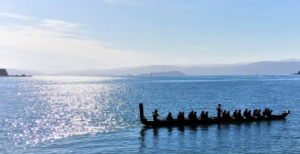
An new emerging counternarrative of Māori history
Each one of these fine historians [and there are more] is contributing to what Dr Ranginui Walker once referred to as an ’emerging counter narrative’ which was challenging an hitherto dominant ‘grand narrative’ of New Zealand history.
Just what that Maori ‘counternarrative’ looks like remains an interesting question for Māori historians to address, and debate, perhaps in the near future.
Danny did once write a tentative article on the emerging Māori historiography – see here ‘Predicting the Past’ which appeared in the Te Pouhere Korero Journal Vol I, March 1999, pp. 24-35.


